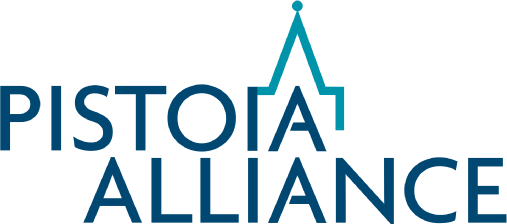Collaborative database of previously inaccessible hazardous chemical reactions improves safety for scientists carrying out experiments in the lab
Boston, 15 March, 2017 – The Pistoia Alliance, a global, not for profit alliance that works to lower barriers to innovation in life sciences R&D, has today announced the launch of the Chemical Safety Library (CSL) Service, which allows hazardous reaction information to be captured, stored and shared, to improve laboratory safety. The CSL Service includes a collaborative database containing an initial set of hazardous reaction incidents compiled by The Pistoia Alliance CSL Service project team, and a simple submission tool to collect further entries. The service is open to the community at large, to grow the reaction incident data set and to share the collected data.
“Laboratory and personal safety during R&D is paramount. Many commercial and open resources exist that detail hazardous properties of individual reagents. However, we often lack real-life guidance regarding the combining and reacting of such reagents. This is because critical safety incident details typically are stored in internal silos, are undiscoverable, and are not shared between scientists,” commented Steve Arlington, president of The Pistoia Alliance. “With the launch of the CSL Service, we are addressing this long-standing issue with a simple, easy to use solution. We now encourage the laboratory community to get involved, and to add their own data to the CSL Service – it takes just a couple of minutes, and could prevent the repeat of dangerous events.”
The CSL Service allows users to input their own safety incidents and check other reported incidents with ease. A Senior Scientist on the project team commented that, “It only took me two or three minutes to enter my reaction.” This reaction data is typically non-competitive, but the submission tool also allows for proprietary information on reagents to be fully masked. Users can also download and integrate the data set for use with their internal informatics systems, such as Electronic Lab Notebooks (ELN) or inventory systems; which can then be configured to alert scientists if there is a potential known safety risk before they carry out an experiment.
The Pistoia Alliance was created to address the barriers and challenges that companies face during Life Sciences R&D. Ensuring good health and safety in an increasingly fast-moving and competitive research environment is a challenge that all chemical and life science laboratories must address. Safety incidents are relatively common, but actionable details are often not available – as they are not communicated between companies or even within organisations, where thousands of scientists may be working. The CSL Service launches with a sampling of 25 known reaction incidents, and has over 75,000 reagents pre-loaded, to make inputting a new reaction incident intuitive and simple.
Further details on the CSL Service will be presented on the 4th of April, at the Spring 2017 American Chemical Society Meeting in San Francisco, in the Chemical Health and Safety division symposium.
To access the CSL Service and to input your own incident information, visit: http://www.pistoiaalliance.org/projects/chemical-safety-library/
